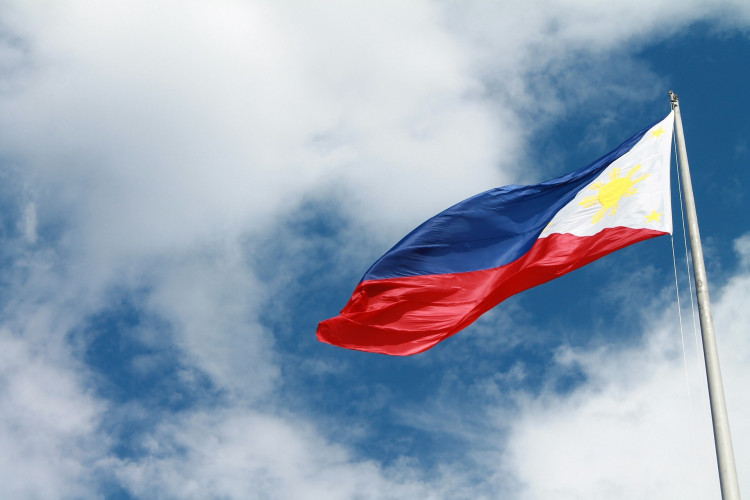Philippine Navy spokesperson Commander Jonathan Zata said China has gifted Philippines with four patrol boats measuring 12 meters and 30 units of rocket-propelled grenade or RPG launchers. The Philippines received the brand new equipment in the third week of July, Zata reported.
China donated the equipment as part of a $14-million weapons grant the country promised to the Philippines in 2016. Overall, the grant will include drones and advanced communication equipment, including night vision goggles.
Zata said the boats and grenade launchers are currently being assessed to know how they can be fully utilized. He added that analyses on how the equipment can serve the Philippine Navy for its long-term logistics needs are ongoing. The crew from the Philippine Navy has completed one-week training on the operation and maintenance of the Chinese patrol boats according to the Philippine News Agency.
More importantly, however, the donation of the patrol boats and RPG launchers signals the easing of the previously tensed relations between China and the Philippines according to Arsenio Andolong, spokesperson for the Philippines Department of National Defense. The two countries had already been engaged in heightened territorial disputes over the South China Sea.
Now, in the event of a full-blown war against terrorists, President Rodrigo Duterte is keener to seek military assistance from China than the U.S., which was Philippines' long-time ally. Manila Bulletin shared that Duterte had even expressed doubts that the U.S. is willing to render military aid to the Philippines.
In fact, U.S. lawmakers had rejected sales of weapons to the Philippines back in 2016. China, meanwhile, provided the Philippines with free armaments particularly during the latter's battle against militants that reportedly has links to the Islamic State.
In 2016, U.S. lawmakers disapproved sales of about 26,000 M4 rifles to the Philippine police, Reuters suggested. The U.S. government was concerned that weapons would be used in arming the police who were tasked to carry out Duterte's war on drugs.
Many nations, including the U.S., believed Duterte's war on drugs was a violation of human rights. With this, the Philippines was more inclined to improve its trade and political relations with China.
Duterte's backflipping towards China surprised the international community because the U.S. had been a long-time Philippine ally since the 1950s. In fact, China's donations to the Philippines at present fade in comparison with what the U.S. had given the country. In the past five years alone, the U.S. provided the Philippines with as much as $282 million worth of military aid comprised of drones, ships, assault rifles, and surveillance planes, Reuters noted.
There had also been as many as 300 joint exercises between the U.S. and the Philippines in the past decades. Similar military exercises continued at present despite Duterte's recent strong criticism aimed at the U.S.






